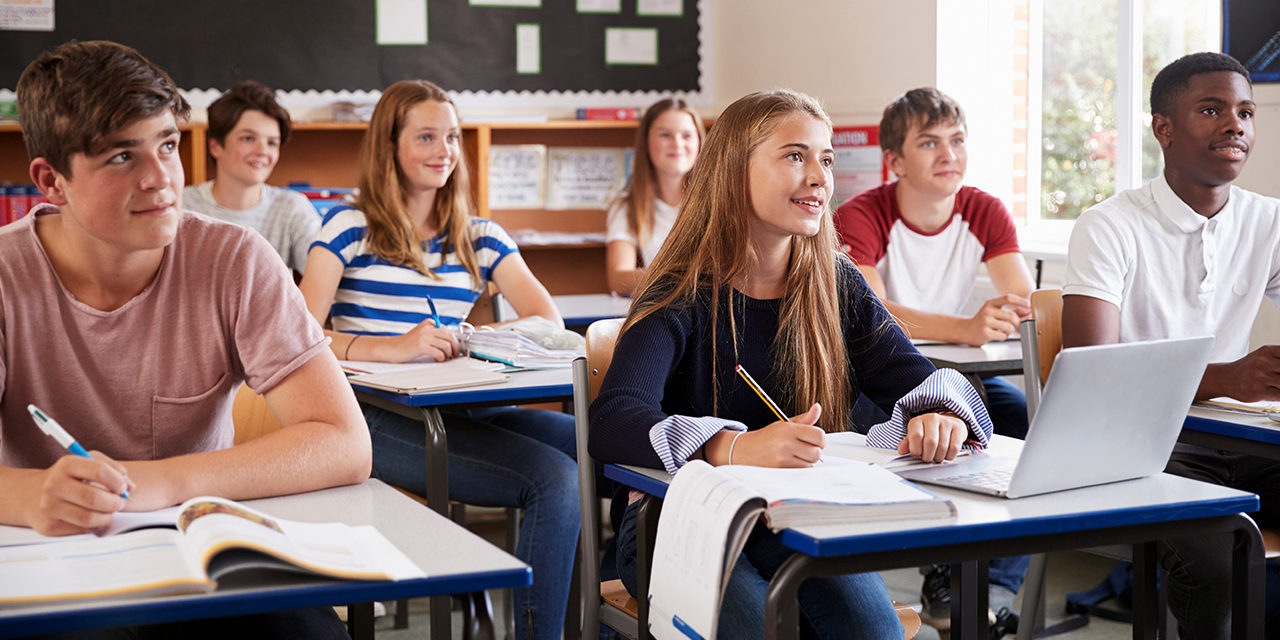California’s attempt to close both public as well as private schools, including religious ones, during the COVID-19 pandemic generated a constitutional legal challenge by parents worried that their children’s education was suffering due to the lack of in-person education. As it turned out, the parents of private school students won a legal round at the 9th U.S. Circuit Court of Appeals, while the parents of public-school students lost.
In March 2020 Governor Newsom issued an executive order requiring people to stay in their homes, with few exceptions. That resulted in state public health officials mandating distance learning for both public and private schools for the remainder of the 2019-20 school year. As the months passed, California officials issued further public health orders outlining “tiers” of restrictions depending on the COVID-19 infection situation at any given time. Those orders effectively kept all public and private schools in the state closed to in-person learning that fall.
Brought by several parents of public-school children and several with private-school children, including those attending Christian schools, the lawsuit challenged the state’s right to close public and private schools on constitutional grounds. At the federal district court level, their claims were rejected.
Undeterred, the parents appealed to the 9th Circuit, which recently issued a mixed decision in the case that was decidedly good news for parents of children in private schools, while a disappointment for those with children in public schools.
Judge Daniel Collins, writing for the majority, explained the differing results by pointing to a line of U.S. Supreme Court cases beginning in the 1920s where the Court struck down state laws attempting to regulate the content of private schools’ instruction.
“As we have previously observed,” Judge Collins states, “the Supreme Court has long held that ‘the right of parents to make decisions concerning the care, custody, and control of their children is a fundamental liberty interest protected by the Due Process Clause,’ and that this right includes ‘the right of parents to be free from state interference with their choice of the educational forum itself.’”
Translation: Government can’t deprive parents of their constitutional right to choose a private school education for their children, unless it has a “compelling interest,” and its regulation is “narrowly tailored” to achieve that interest.
The court said that COVID-19 gave the state a compelling interest, but the complete closure of private schools was in no way a “narrowly tailored” solution.
So, the parents of children in private schools won. But why didn’t the public-school parents also win?
The decades-old “fundamental liberty interest” to choose private schooling for one’s children has no application to how the state delivers school lessons to public school children, the 9th Circuit said. The state needs only a “rational basis” for requiring distance learning for its public-school students, and that test was easily met because of the pandemic situation.
This case highlights a major constitutional distinction between public and private schools. It’s also another example of how the pandemic has generated numerous legal challenges to the unprecedented exercise of government authority we have experienced during this public emergency, resulting in solid court precedents undergirding many of our cherished freedoms.
The case is Brach v Newsom.
Photo from Shutterstock






